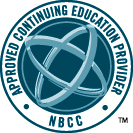
Innovations in Counseling

Developing Resiliency Skills in Clients
Increasing resiliency skills is valuable for every client and provider. The ability to “bounce back” from challenges allows for personal growth and change to occur. Everyone has challenges and strengths; the key is to identify both. The holidays often pose certain risks to clients and counselors due to increased time with family, pressure to meet expectations, and economic tensions.
Participants in this workshop will learn how to:
- Identify core resiliency skills.
- “Mine” resiliency skills with specific questions.
- Help clients identify their unique holiday stressors and use resiliency methods to lessen them.
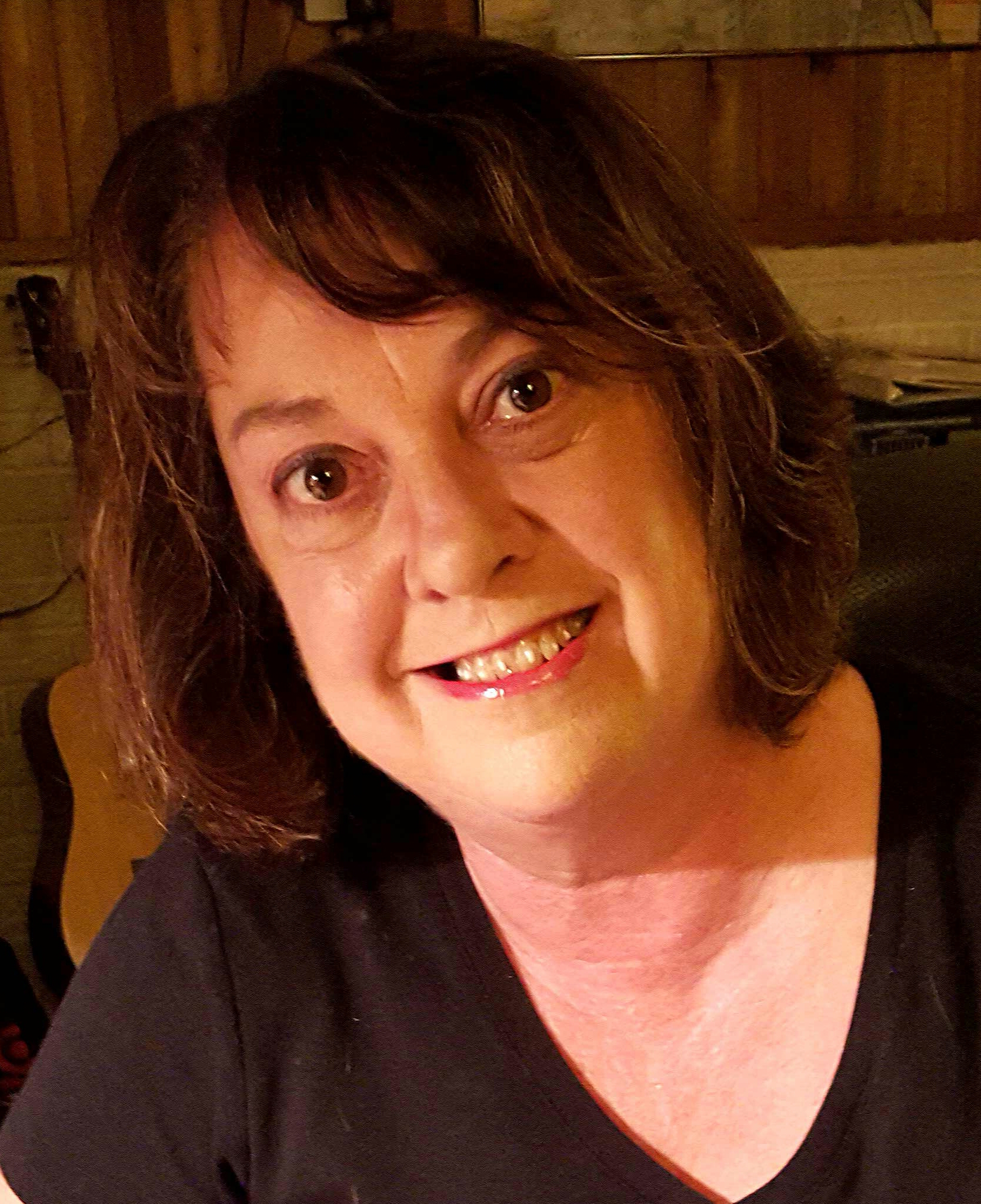
Mary E. Jones, Ed.D., NCC, LPC, LMFT
Mary E. Jones has over 30 years of experience in both counselor education and clinical practice. She has worked in private practice, public agency, hospital and college settings. Her areas of expertise are in resiliency, relationships, anxiety and depression, grief, and women’s health. She is licensed as both a professional counselor and a marriage and family therapist in the state of South Dakota.
Dr. Jones has bachelor’s degrees in public relations and human geography and a master’s degree in counseling and human resource development from South Dakota State University. She has a doctorate in counseling and psychology in education from the University of South Dakota.
Dr. Jones currently resides in Sioux Falls, South Dakota, and is a consultant as well as an adjunct faculty member for Capella University in the Master’s in Mental Health Counseling program. Her interest and experience in resiliency has led her to present at both national and international venues.
Q & AConsiderations for Assessment, Diagnosis and Counseling of Teenagers with Addiction Issues
This webinar will focus on assessment of individuals presenting for counseling and determining if a substance use disorder is present using DSM-5 criteria and other considerations. Diagnostic considerations discussed will include developmental issues and concerns, cultural elements, and other relevant issues. Participants will discuss pros and cons of diagnosis, including stigma and client motivation.
During this session, participants will:
- Learn about DSM-5 diagnostic criteria for substance use disorders.
- Learn about other signs and symptoms of problematic substance use.
- Consider assessment and diagnostic implications for counseling.
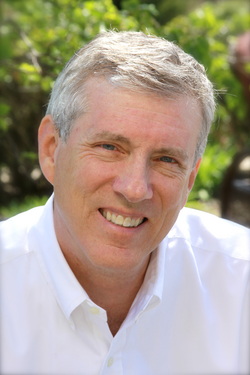
Kevin Doyle, Ed.D., LPC, LSATP
Dr. Kevin Doyle is a professor and co-coordinator of the Counselor Education program at Longwood University, in Farmville, Virginia, where he has taught for the past four years. Prior to that, he taught for 14 years as an adjunct professor at the University of Virginia. He holds an Ed.D. in counselor education from the University of Virginia, an Ed.S. in counseling psychology from James Madison University, and a B.A. from the College of William and Mary.
Before entering academia full-time, he worked in various addiction treatment programs for the previous 26 years, including residential, outpatient, and inpatient settings. Licensed as professional counselor and as a substance abuse treatment practitioner in Virginia, he has served three terms on the Commonwealth of Virginia Board of Counseling, including two terms as board chair. His professional and research interests include counseling ethics, college students in recovery and counseling athletes.
Dr. Doyle has published numerous articles in professional publications and presents frequently at the state and national levels and serves on the editorial boards of two professional journals. He maintains a small private practice in Charlottesville, specializing in working with men, college students, and health care professionals with substance use disorders.
He resides in Charlottesville with his wife, with whom he has three children.
Q & ACultural Applications of Neurocounseling for Clinicians
This webinar aims at familiarizing clinicians with some advances in cultural neuroscience and deep culture concepts that impact counselors’ work, and the client/counselor relationship.
This session will help participants:
- Become familiar with cultural neuroscience concepts useful in counselors’ work.
- Gain understanding of the concept of deep culture and its impact on brain development.
- Attain an appreciation of how the counselor/client connection is strengthened by greater (conscious) cultural understanding.
- Learn some physiological “universals” that clinicians can use to help clients manage arousal.
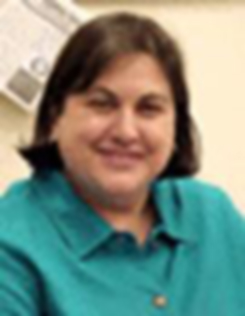
Sandra I. Lopez-Baez, Ph.D., NCC, CCMHC, ACS, LPC
Sandra I. Lopez-Baez is a core faculty member in the Counselor Education program at Walden University. Over the past 30 years, she has been a counselor educator and supervisor, practicing clinician, researcher, and consultant. Her work has included undergraduate- and graduate-level teaching, as well as medical education; program development; research activities; cross-cultural consultation; and counseling individuals, couples and groups in a private practice setting. Her research interests include diversity, multicultural issues, outcome measurement after growth experiences, and the neurobiology of connection as it relates to discrimination. Dr. Lopez-Baez is a National Certified Counselor (NCC), a Certified Clinical Mental Health Counselor (CCMHC) and an Approved Clinical Supervisor (ACS), as well as a licensed professional counselor in Ohio, Puerto Rico and Virginia.
Dr. Lopez-Baez has been an active participant in national, regional and state professional associations, serving as president of both the Ohio Association for Multicultural Counseling and Development and Counselors for Social Justice, a division of the American Counseling Association (ACA). She has published in peer-reviewed journals and has delivered presentations at regional, national and international conferences.
Q & AIdentifying Issues and Finding Solutions: Navigating Clinical Supervision
There are many variables for clinical supervisors to consider when intervening with a supervisee. This webinar will offer a structure to help supervisors assess issues correctly and to choose corresponding interventions. Examples will be provided that underscore possible challenges to effective supervision.
The objectives of this session are to:
- Provide beginning and experienced supervisors with a conceptual map for considering different aspects of supervision.
- Explain how different aspects of supervision are intertwined.
- Prepare supervisors to better assess the situation in supervision and choose appropriate interventions.
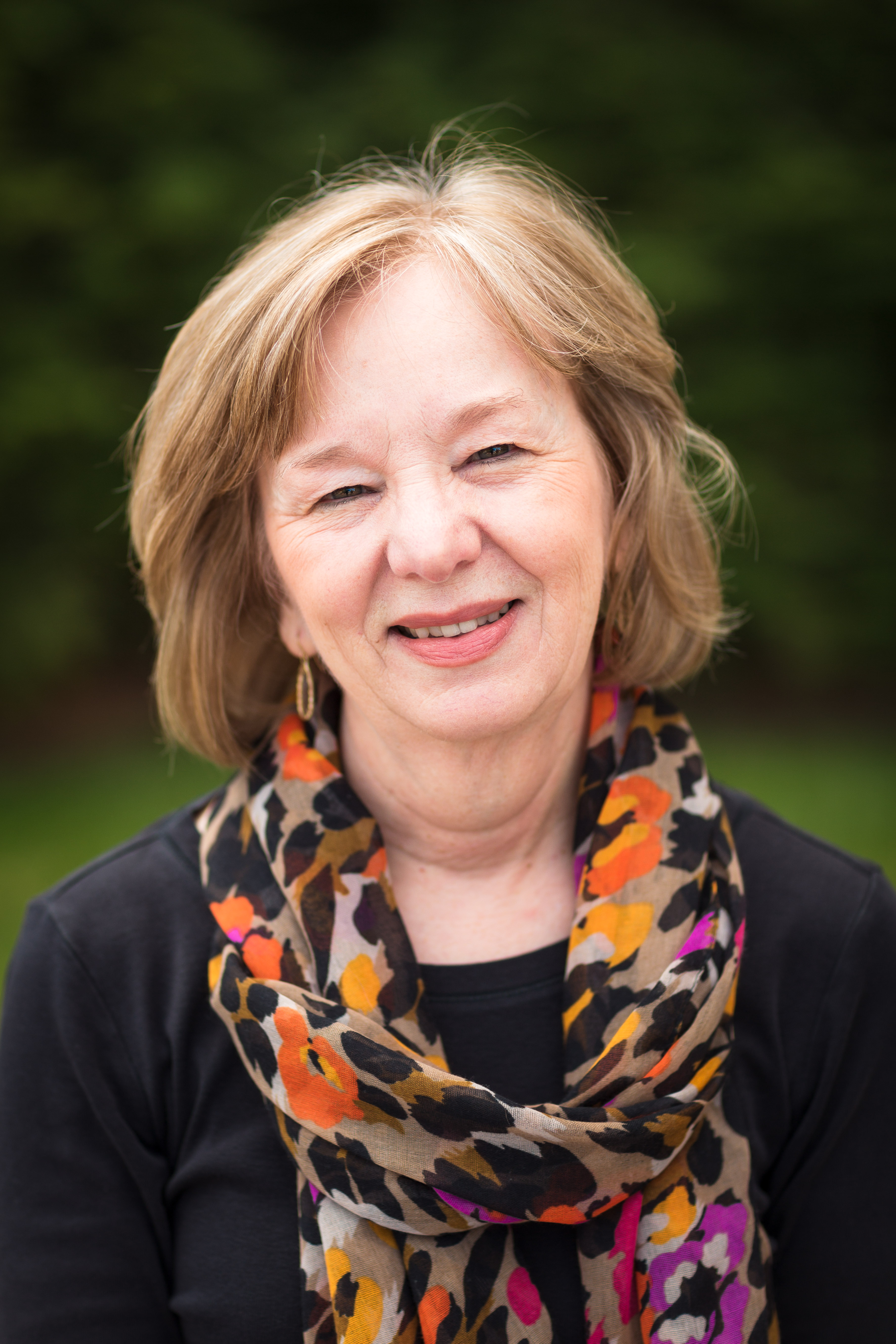
Janine M. Bernard, Ph.D., NCC, ACS, LMHC
Janine M. Bernard is professor emeritus of counseling and counselor education at Syracuse University, in New York. Prior to her appointment at Syracuse University, she held positions at Purdue University and Fairfield University. Dr. Bernard received her undergraduate degree in English literature from Stonehill College, a master’s in counseling from the University of Connecticut, and her doctoral degree in counseling and counselor education from Purdue University, where she later received the Award of Distinction as an alumna. She is a National Certified Counselor, an Approved Clinical Supervisor, and is licensed in New York as a mental health counselor. Dr. Bernard served on NBCC’s Board of Directors from 1993–1999. She is a Fellow of the American Counseling Association (ACA), has been awarded the Alfred A. Hitchcock Distinguished Professional Service Award from ACA, and was recently chosen as a Legacy Award recipient by the Association for Counselor Education and Supervision.
Dr. Bernard is the author of the widely used Discrimination Model of supervision and has published numerous articles and book chapters in the area of clinical supervision. Her co-authored text (with Rodney Goodyear), Fundamentals of Clinical Supervision, is now in its 5th edition. Dr. Bernard has made presentations on a variety of topics in supervision throughout the U.S. and Canada, and in Europe, Asia, and Australia.
Q & AUnderstanding Military Families: Principles, Culture and Interventions in the Counseling Process
The purpose of this webinar is to familiarize counselors with military families and the cultural complexities of particular minority groups within the military culture. The webinar will emphasize the different counseling needs of enlisted personnel and commissioned personnel.
This session will:
- Familiarize civilian counselors with the complexities of military culture.
- Help counselors to understand the multicultural competencies interventions most appropriate for military families.
- Differentiate among cultural differences throughout the military.
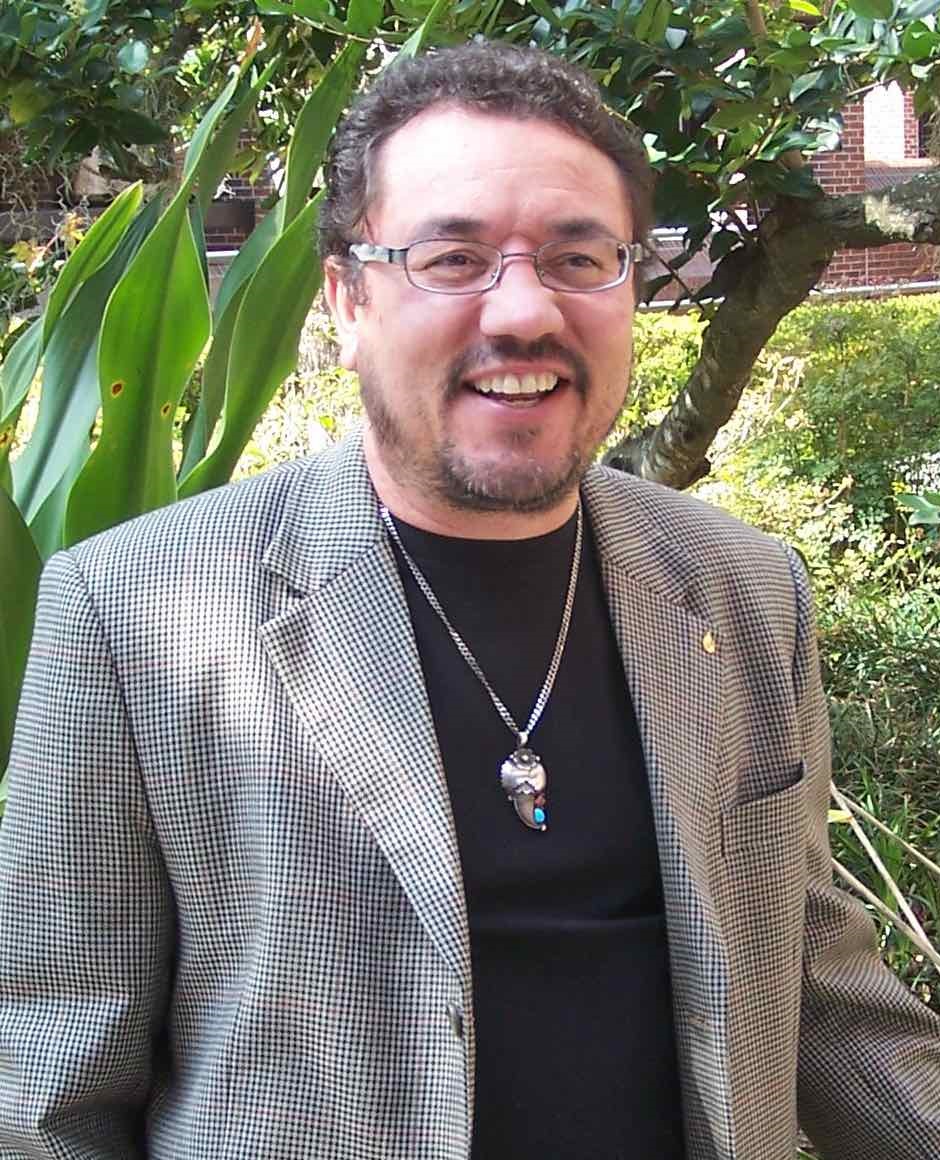
Edil Torres Rivera, Ph.D., NCC, ACS, LPC
Edil Torres Rivera has a Ph.D. in counseling psychology with a concentration in multicultural counseling from the University of Connecticut, in Storrs. He is a professor at The Chicago School of Professional Psychology, Chicago Campus. Dr. Torres Rivera is native Puerto Rican with a career of over 20 years in counseling. This includes 12 years in the United States Army as a behavioral science specialist, where his work included substance abuse counseling and military families counseling during deployment.
Dr. Torres Rivera’s research interests are in multicultural counseling, group work, chaos theory, liberation psychology, indigenous counseling, Puerto Rican studies, identity development, and gang/prison-related behavior. Specifically, his primary research focuses on complexity and how indigenous healing techniques are a necessary component when working with ethnic minority populations in the United States. Dr. Torres has additional interests in studying the implications of social injustice and oppression in counseling and psychotherapy with ethnic minorities in the United States.
His community work includes consultation services to the Pyramid Lake Paiute Tribe Council in Nevada, visiting professor to the Universidad del Valle, Guatemala, and director of the Graduate School of Education’s school counseling program in Singapore.
Q & APreventing Child and Adolescent Suicide: Myths, Risks and Protective Factors
This webinar will provide beginning and experienced counselors with the preliminary background information they need to begin assessing whether a child or adolescent client is either suicidal or potentially suicidal, so that suicide assessments and subsequent treatment plans can be as accurate as possible.
The objectives of this session are:
- To present and discuss myths connected with child and adolescent suicide so that misinformation is not used in assessing whether a client is potentially suicidal.
- To discuss risk factors that increase the risk of suicidal intentionality and to discuss the protective factors that reduce the risk of suicide attempts and completions.
- Become familiar with several community-based recovery support groups.
- To provide mental health counselors and other professionals with the information they need to recognize the suicidal profile so they might more easily identify potentially suicidal clients and develop treatment plans.
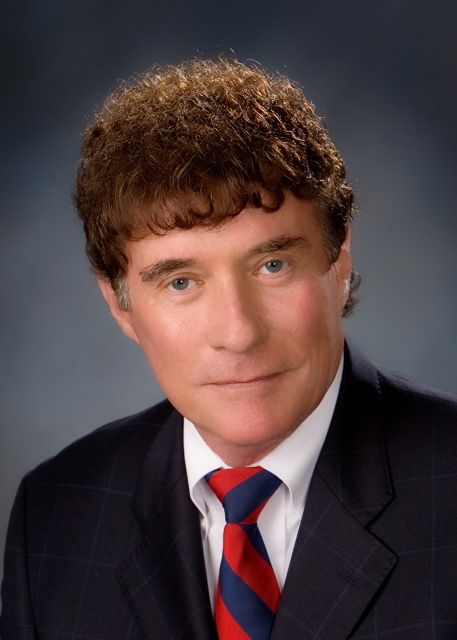
David Capuzzi, Ph.D., NCC, LPC
David Capuzzi is a graduate of Florida State University and licensed as a counselor in Oregon. He is certified by the National Board for Certified Counselors as a National Certified Counselor. Currently, Dr. Capuzzi is a core faculty member in the clinical mental health counseling degree program in counselor education and supervision at Walden University as well as a senior faculty associate in the Department of Counseling and Human Services at Johns Hopkins University. He is professor emeritus at Portland State University, in Portland, Oregon. From 2007–2009, he served as affiliate professor at Pennsylvania State University. He is past president of the American Counseling Association (ACA).
A frequent keynote and workshop presenter at professional conferences and institutes, Dr. Capuzzi has also consulted with a variety of school districts and community agencies on initiating prevention and intervention strategies for adolescents at risk for suicide. He has facilitated the development of suicide prevention, crisis management and postvention programs in communities throughout the United States; provides training on the topics of youth at risk, grief and loss, group work and other topics; and serves as an invited adjunct faculty member at other universities as time permits. He is the first recipient of ACA's Kitty Cole Human Rights Award and a recipient of the Leona Tyler Award in Oregon. He was inducted as an ACA fellow in 2008, and was the 2010 recipient of ACA’s Kathleen and Gilbert Wrenn Award for a Humanitarian and Caring Person. In 2011, he was named a Distinguished Alumnus by the College of Education at Florida State University.
Dr. Capuzzi has co-authored or co-edited 10 textbooks used in counselor education programs.
Q & AWorking with Clients With Substance Use Disorders: A Counselor’s Perspective
In this webinar, participants will be presented with an overview of substance use disorders by an experienced clinician and counselor educator. Topics to be covered include diagnosis using DSM-5 criteria, a review of how and where treatment is provided, pros and cons of common self-help recovery groups, and how to intervene with an individual exhibiting signs of a substance abuse problem.
During this session, participants will:
- Learn about the diagnostic criteria for substance use disorders.
- Learn about various treatment modalities and settings.
- Become familiar with several community-based recovery support groups.
- Explore how to intervene with a person exhibiting signs of a substance use problem.

Kevin Doyle, Ed.D., LPC, LSATP
Dr. Kevin Doyle is a professor and co-coordinator of the Counselor Education program at Longwood University, in Farmville, Virginia, where he has taught for the past four years. Prior to that, he taught for 14 years as an adjunct professor at the University of Virginia. He holds an Ed.D. in counselor education from the University of Virginia, an Ed.S. in counseling psychology from James Madison University, and a B.A. from the College of William and Mary.
Before entering academia full-time, he worked in various addiction treatment programs for the previous 26 years, including residential, outpatient, and inpatient settings. Licensed as professional counselor and as a substance abuse treatment practitioner in Virginia, he has served three terms on the Commonwealth of Virginia Board of Counseling, including two terms as board chair. His professional and research interests include counseling ethics, college students in recovery and counseling athletes.
Dr. Doyle has published numerous articles in professional publications and presents frequently at the state and national levels and serves on the editorial boards of two professional journals. He maintains a small private practice in Charlottesville, specializing in working with men, college students, and health care professionals with substance use disorders.
He resides in Charlottesville with his wife, with whom he has three children.
Q & AAn Introduction to Publishing in Peer-Reviewed Journals
Publishing can be a daunting process, yet peer-reviewed published research improves the effectiveness of counseling and counselor education. Without knowing where to begin, new counselor educators, graduate students and clinicians often stumble through the process, or choose not to publish significant works. Taking the fear and confusion out of the publication process, this webinar will provide an explanation of the publication process, tips for successful submission, and specifics on how to create manuscripts from theses and dissertations.
During this session, participants will:
- Learn how to choose the appropriate publication for their work.
- Learn more about the publication process, including timelines and appropriate communication.
- Learn how to best communicate with journal editors and editorial board members.
- Learn how to create manuscripts from current work products.
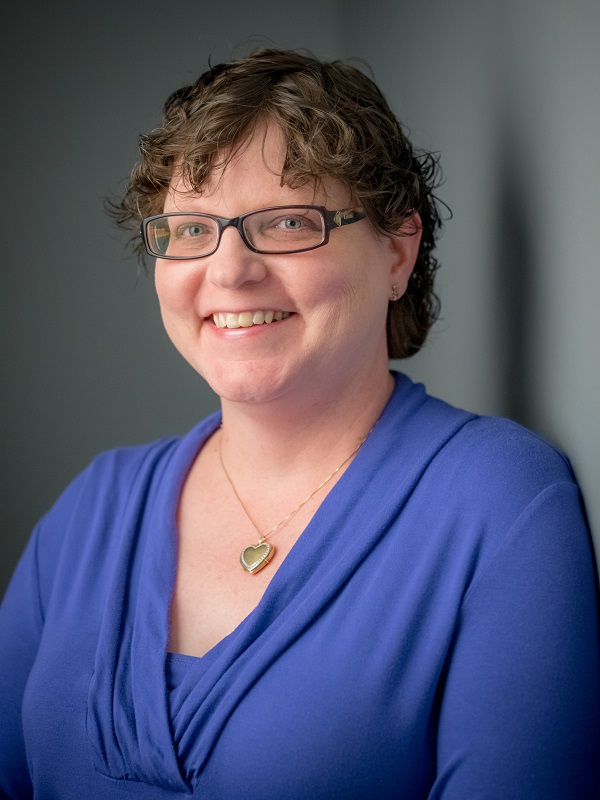
Edina Renfro-Michel, Ph.D., ACS, LPC
Edina Renfro-Michel is an associate professor of counseling in the department of counseling and educational leadership at Montclair State University, in New Jersey. She obtained her Ph.D. in counselor education at Mississippi State University and both her B.A. in elementary education with a specialty in early childhood education and her M.A. in human services counseling at the University of New Orleans. Dr. Renfro-Michel is a licensed professional counselor in New Jersey and an Approved Clinical Supervisor. She is the current secretary for the North Atlantic Region of the Association of Counselor Education and Supervision (NARACES).
Dr. Choudhuri is a licensed professional counselor in Connecticut and Michigan with over 15 years of experience working with clients individually, as well as in couples, families and groups. She is a National Certified Counselor and Certified Clinical Mental Health Counselor and holds the Approved Clinical Supervisor credential. She is also a consultant and frequent presenter on cultural competence, diversity and ethical issues. Clinically, she specializes in cross-cultural and diversity issues, as well as trauma, assault and abuse. Her clinical experience has been in agency and university settings, working with refugee populations, sexual assault and abuse survivors, and immigrant and multicultural populations.
Dr. Renfro-Michel has presented and published on her research interests in attachment theory, technology, supervision and counselor education pedagogy. She is the co-editor of the recently published book Using Technology to Enhance Clinical Supervision.
Culturally Competent Trauma-Informed Care
This webinar will examine the ways in which cultural competence is essential for working effectively with trauma. Awareness, knowledge and sensitivity to the cultural contexts in which trauma occurs, ways in which the experience of trauma can be culturally constructed, and the role of historical and intergenerational trauma will be covered. The use of a case study ensures the presentation is grounded in clinical strategies and skills that participants can use.
After this session, participants will:
- Understand the ways in which cultural identities and worldview intersect with trauma and the role of multiple identities.
- Understand how cultural competence in trauma work is enhanced by increased awareness of both the client and clinician's cultural identities.
- Be able to apply culturally competent strategies to trauma assessment; making meaning; and addressing issues of shame, guilt and anger
- Understand and be able to use trauma reenactment through grounding and resourcing.
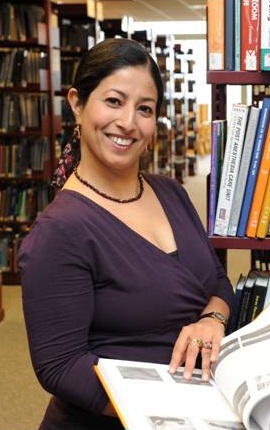
Devika Dibya Choudhuri, Ph.D., NCC, CCMHC, ACS, LPC
Devika Dibya Choudhuri is professor of clinical mental health counseling at the University of Saint Joseph, in Connecticut. She previously held a position as a professor in Eastern Michigan University’s graduate program in counseling. Originally from India, she completed her undergraduate work at Smith College, her M.S. in counseling at the University of Vermont, and her Ph.D. in counselor education and supervision at Syracuse University. She is past Chair of the National Board for Certified Counselors Board of Directors. She has been a member of the American Counseling Association, Association for Counselor Education and Supervision, and Association for Multicultural Counseling and Development for almost 20 years.
Dr. Choudhuri is a licensed professional counselor in Connecticut and Michigan with over 15 years of experience working with clients individually, as well as in couples, families and groups. She is a National Certified Counselor and Certified Clinical Mental Health Counselor and holds the Approved Clinical Supervisor credential. She is also a consultant and frequent presenter on cultural competence, diversity and ethical issues. Clinically, she specializes in cross-cultural and diversity issues, as well as trauma, assault and abuse. Her clinical experience has been in agency and university settings, working with refugee populations, sexual assault and abuse survivors, and immigrant and multicultural populations.
As a counselor educator, she teaches courses such as cross-cultural counseling, advanced multicultural counseling, counseling skills, group work, couple and family counseling, and counseling women and LGBT populations.
Dr. Choudhuri’s research and publications have focused on the areas of multicultural client issues, counselor supervision and pedagogy. She has published a textbook on multicultural counseling and edited a set of eight monographs to go along with the textbook. She has written many journal articles and book chapters on these topics, and has given numerous presentations nationally and internationally.
Q & ANeurobiology for Professional Counselors
Dr. Allen Ivey will present basics of neurobiology as they apply to the practice of counseling, with special attention to social justice, as well as the dangers and implications of stress on the brain and body. He will discuss the Mankato Nun Study and the importance of a healthy lifestyle for living longer and preventing Alzheimer’s. Therapeutic Lifestyle Changes (TLC) focuses on 20 specific actions for wellness.
During this session, participants will learn:
- Some key basics of neurobiology as they relate to counseling practice.
- How neurobiology informs social justice and calls us to action.
- How stress impacts the brain and body and the reasons to make stress management more central in practice.
- The implications of the Mankato Nun Study for daily practice and living.
- How to incorporate Therapeutic Lifestyle Changes (TLC) in daily counseling and clinical practice.
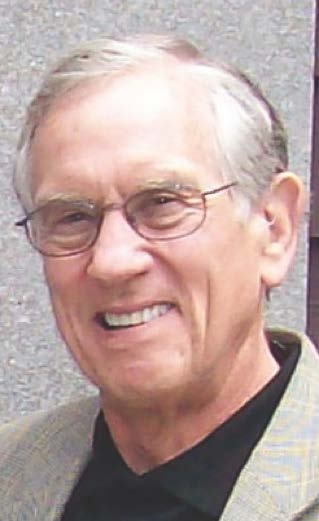
Allen E. Ivey, Ed.D.
Allen E. Ivey is distinguished university professor emeritus at the University of Massachusetts Amherst and professor of counseling at the University of South Florida, in Tampa. His undergraduate university was Stanford, followed by a Fulbright year studying social work and social justice issues in Denmark. He holds a doctorate from Harvard. Dr. Ivey founded and directed the counseling centers at both Bucknell University and Colorado State University. He is the author or coauthor of more than 200 articles and 40 books translated into 25 languages, and has produced many video demonstrations. He and his wife, Mary, have presented workshops and keynote addresses throughout the nation and internationally.
Dr. Ivey is known for his work in college student development, the microcounseling framework, developmental counseling and therapy theory and practice, and his early work in neuroscience and its application in counseling. Multicultural issues have always been a central focus for Dr. Ivey, and he held his first workshop on racism in 1967 in Los Angeles. He was active in a group that worked for 20 years to ensure that the multicultural competencies and guidelines were adopted by both the American Counseling Association and American Psychological Association.
Q & ANBCC Foundation has been approved by NBCC as an Approved Continuing Education Provider, ACEP No. 805. Programs that do not qualify for NBCC credit are clearly identified. NBCC Foundation is solely responsible for all aspects of the programs.
Each state sets its own requirements for licensure, including continuing education requirements to maintain licensure. Questions about CE requirements for state licensure should be directed to your state board. You can find their contact information on our state board directory.
